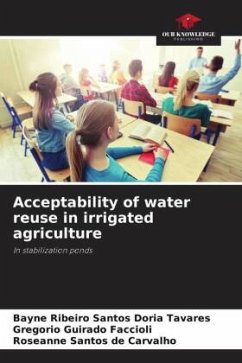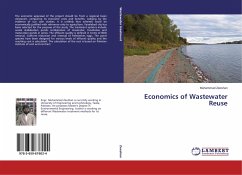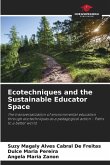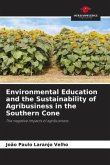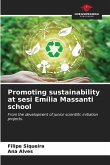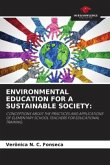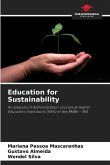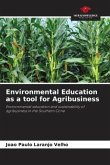The present book aimed to analyze the agronomic influence of the reuse of treated wastewater in sugar beet cultivation and public acceptance regarding the practice of this reuse. The methodology consisted of a qualitative and quantitative research, with two areas: the first stage was in the greenhouse in the Department of Agronomic Engineering at the Federal University of Sergipe; and the second stage was carried out in the Professor Hamilton Alves Rocha State School in Conjunto Eduardo Gomes, in the municipality of São Cristóvão. The experimental design used was Randomized Blocks, composed of four treatments and five repetitions, with 20 useful plots and four plants per useful plot, with four percentages of wastewater and/or drinking water from the Sergipe Supply Company. The results obtained in the analyses showed that the reuse water did not serve as nutritional contribution for the beet development, because treatment 1 with the use of 100% potable water showed better results compared to the other treatments. As for the degree of acceptance, most students accepted the reuse of water from a treatment plant.
Bitte wählen Sie Ihr Anliegen aus.
Rechnungen
Retourenschein anfordern
Bestellstatus
Storno

